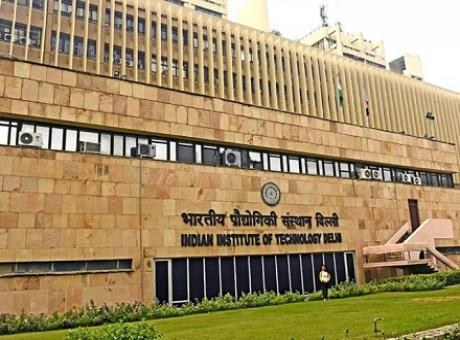Ministry of Education mulls bringing IITs, IIMs under single regulatory body
According to the media, the Ministry of Education is considering bringing the Institutes of National Importance (INIs), which include IITs, IIMs, NITs, and IISERs, under the jurisdiction of the proposed Higher Education Council of India (HECI), a single regulatory body for higher education.
Until now, these institutes have been exempt from any external regulatory oversight by organizations such as the University Grants Commission or the All India Council for Technical Education. The INI designation, granted by the government through an Act of Parliament, recognizes these institutes as autonomous centers of excellence.
There is currently a discussion within the government about bringing INIs (Institutes of National Importance) under a new regulatory system. However, officials have emphasized that this will not affect the funding or autonomy of the INIs.
The INIs will still be governed by their own Acts, as is currently the case. The aim of this move is to ensure that basic standards and benchmarks are met across institutes in accordance with the new National Education Policy. For example, many INIs, including the IITs, have not yet been accredited. However, there is ongoing debate about how to create an assessment matrix that can accommodate the unique qualities of different institutions, such as IITs versus skill universities.
According to another source familiar with the consultations, legal and legislative issues are being carefully considered to ensure that the introduction of a HECI-backed system does not have any adverse effects on INIs. Currently, there are more than 160 INIs in India, including institutions such as AIIMS, Schools of Planning & Architecture, Indian Institutes of Information Technology, and Rashtriya Raksha Vidyalaya.
These institutes have the authority to conduct their own examinations, award degrees, and receive government funding. While they are primarily governed by their own senates or boards of governors, there is also some government involvement. For example, the IIT Council and NIT Council are responsible for making major policy decisions at IITs and NITs, respectively. These councils are chaired by the education minister and comprise all institute directors.
A former professor from IIT has expressed concern about the proposal to bring INIs into a regulatory structure similar to HECI, saying that it could have disastrous consequences. The professor believes that INIs have already established high academic standards and benchmarks, both in India and globally, and that imposing uniform standards on them would be inappropriate. Instead, the professor argues that INIs should be allowed to continue functioning as they have. The professor also worries that any move to introduce an overarching regulatory regime could eventually lead to a loss of autonomy for INIs, as it would create opportunities for regulatory overreach.






















